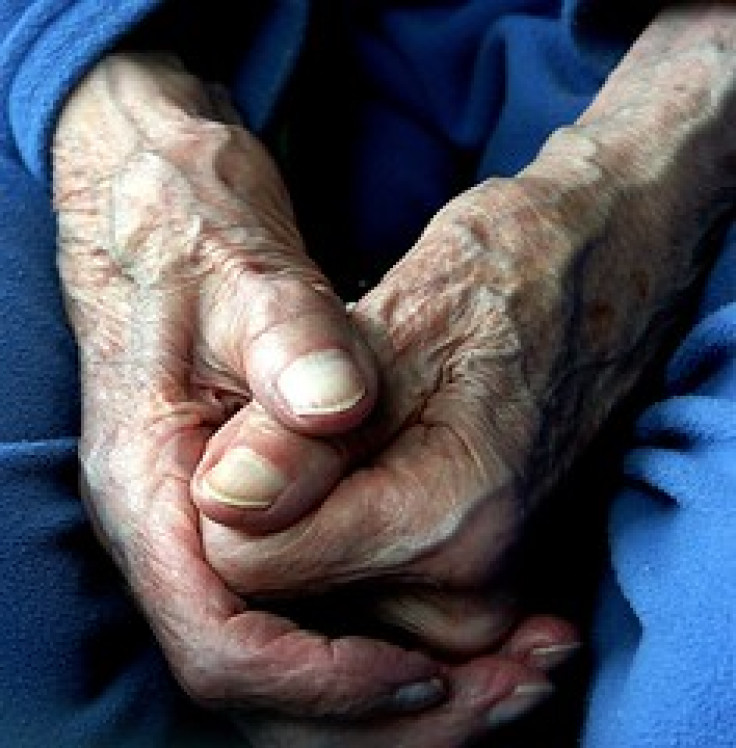Staying active delays Huntington’s disease

Melbourne researchers have made a breakthrough in the research into Huntington's disease, a genetic condition that inevitably leads to dementia and a shorter life.
In a world-first study, researchers have found that leading a more active lifestyle can delay the onset of symptoms.
About one in every 10,000 Australians has Huntington's disease. It usually starts in people aged between 30 and 50.
Involuntary movements are an early symptom and as brain cells are gradually destroyed, sufferers experience a change in personality and eventually dementia.
The disease is inherited so sufferers face the agonising decision of whether or not to have children, knowing there is a 50 per cent chance they will pass it on.
Professor Martin Delatycki from Melbourne's Murdoch Children's Research Institute says new research may help delay the onset of the disease's symptoms.
He said that those who led a passive lifestyle - activities such as watching television, certain social activities, certain professions - had on average a four-year earlier onset than those who led the least passive lifestyle.
Professor Delatycki says staying physically and intellectually active has also been found to play a role in delaying other neurodegenerative disorders such as Alzheimer's, Parkinson's and dementia.
All of us need down time and watching television is part of that. But what we're saying is don't spend hours and hours a day in passive activities.
Find activities in your life that have physical elements, intellectual elements. And we believe that this can delay the onset of the condition.
Professor Delatycki says the research has international significance, mainly that people who are at risk of Huntington's disease can now take this information in leading their lifestyle.
The Huntington's Victoria group says it is excited it will now be able to advise potential sufferers of the disease that there is something they can do to delay its onset.
jm











